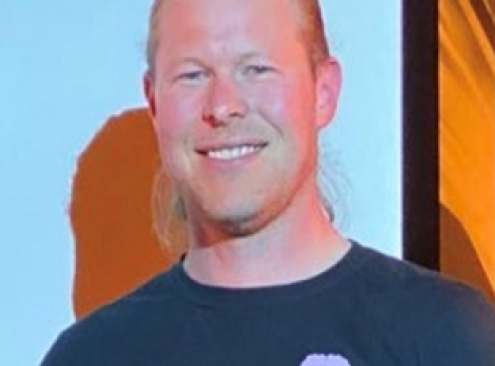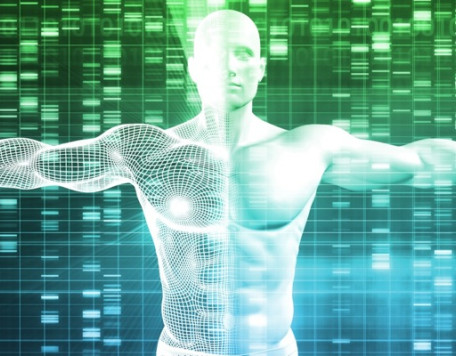© Pint of Science, 2025. All rights reserved.
From cutting-edge genetics to real-life lived experiences, join us as we tackle the complexities of diabetes. Could DNA testing lead to fairer diagnoses? What does it really mean to live with diabetes? And how do our nerves, hormones and brains interact in this sugar-fuelled condition?
Diabetes diagnosis: Can genetics improve equality?
Dr Jana Soenksen
(Postdoctoral Research Associate)
Dr Susie Martin
(Lecturer in Genomic Medicine)
Type 2 diabetes is diagnosed using a blood test called HbA1c – with a single threshold for everyone. However, variants in your DNA may affect the accuracy of the test. This means some people with diabetes are diagnosed late and may have more complications. Many of these variants are more common in ethnic minorities in the UK. Our research aims to use the power of genetics to make diabetes diagnosis more equitable.

The brain and blood sugar: wired for balance
Craig Beall
(Research Fellow, University of Exeter)
Synapses are wired to source sugar. Wireless signals also increase and decrease blood sugar levels. In this talk, we’ll uncover how the brain buzzes to balance blood sugar; how this goes wrong in diabetes and some fascinating recent discoveries about how neuroscience could help control blood sugar levels.

Depression, type 2 diabetes and disturbed sleep: partners in crime
Renu Bala
(Post doctoral research associate)
Ever noticed how depression and diabetes are besties in the worst way? Scientists are puzzled over why these two love to tag along together! While risk factors like body mass index play some role in this, but another major culprit might be sleep! Sleep problems like insomnia seem to fuel this toxic relationship, increasing diabetes risk in people with
depression. Our research shows that depression and diabetes share genetic factors, with insomnia acting as a key mediator. Bottom line? Prioritizing good sleep isn’t just about feeling rested, it could help protect both your mental and physical health!
depression. Our research shows that depression and diabetes share genetic factors, with insomnia acting as a key mediator. Bottom line? Prioritizing good sleep isn’t just about feeling rested, it could help protect both your mental and physical health!

Map data © OpenStreetMap contributors.
Other Bootlegger events
2025-05-20
Biology Cares
Bootlegger
162-163 Fore Street, Exeter, EX4 3AT, United Kingdom
2025-05-19
Biology of time: Ageing and regeneration
Bootlegger
162-163 Fore Street, Exeter, EX4 3AT, United Kingdom



